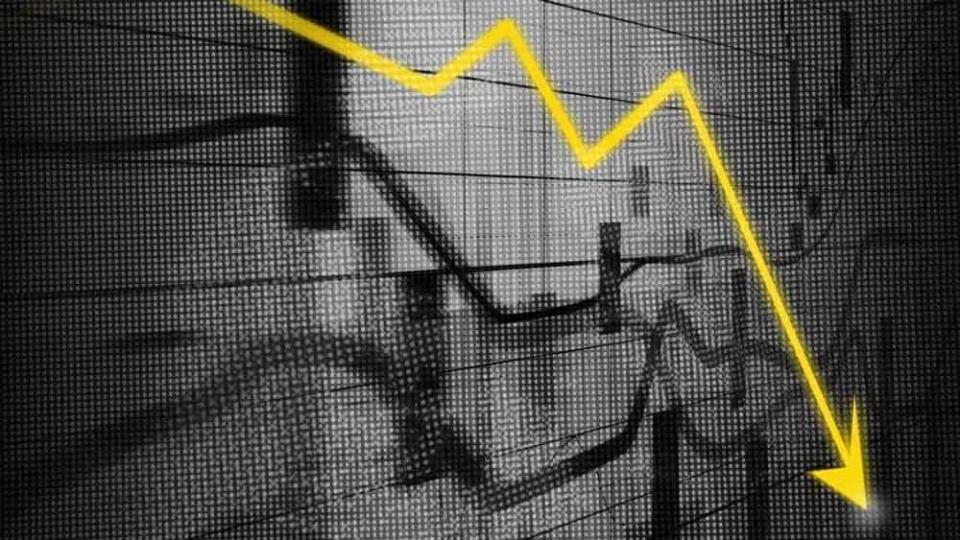The Best Stocks to Buy During a Correction

While many prognosticators have been predicting a market correction for years, many Canadian stocks have continued their run higher. Being prepared for a correction, however, can provide huge returns.
There are typically two strategies during a downturn: buy expensive stocks that are now on sale, or buy stable stocks that can weather the storm. Often, a mix of both is best.
Here are three stocks you should have on your watch list for any potential correction.
Shopify (TSX:SHOP)(NYSE:SHOP)
Shopify stock is terribly expensive. Even worse, competition seems to be ramping up. Recently, Microsoft, Facebook, and Square have all entered Shopify’s market.
Under the hood, however, Shopify continues to execute. Since 2015, revenues have quintupled from $200 million to more than $1 billion. Nearly every quarter, Shopify has taken market share from its competitors.
The only knock on this stock is that it’s expensive. A market correction could change that. Competition is heating up, but if the market decides to put Shopify on sale, the discount likely won’t last long.
Royal Bank of Canada (TSX:RY)(NYSE:RY)
Canadian banks have been a safe haven for years. That could change during the next downturn.
Steven Eisman, the main character in Michael Lewis’s The Big Short, is one of the most skilled investors this century. Most haven’t heard of him, however, given he focuses on stocks that will go down, not up. His latest target: Canadian banks.
If a market-wide downturn is realized, Eisman doesn’t believe most banks are prepared. “Canada has not had a credit cycle in a few decades,” Eisman told Bloomberg recently. “I don’t think there’s a Canadian bank CEO that knows what a credit cycle really looks like.”
He doesn’t think Canadian banks are total duds, however, as he only sees around “20%” downside. That could give you the rare chance at snapping up shares of Royal Bank of Canada at a discount.
Since 1995, every market correction has provided a profitable buying opportunity for Royal Bank of Canada shares. The next downturn will be no different.
Chemtrade Logistics Income Fund (TSX:CHE.UN)
Most investors haven’t heard of Chemtrade, but it’s consistently been one of Canada’s leading income stocks. The company hasn’t missed a payment since 2003.
Chemtrade operates in a litany of fairly boring areas. For example, it’s a major distributor of sulfuric acid, acid processing services, inorganic coagulants, sodium chlorate, sodium nitrite, sodium hydrosulfite, and phosphorus pentasulfide. It also supplies sulfur, chlor-alkali, liquid sulfur dioxide, potassium chloride, and zinc oxide.
While the materials above are likely foreign to you, all you need to know is that they support a broad range of industrial activities.
Notably, Chemtrade has built impressive scale in most of its focus areas, meaning it has a structural cost advantage versus its competitors.
Last quarter, distributable cash exceeded $50 million. At that rate, annual cash generation should cover the dividend two times over. A slowdown in industrial production could hurt Chemtrade over the near term, but this stock should give you a balance of income and stability during any correction.
More reading
You Could Make $100K in 2 Years by Investing Now in Bombardier (TSX:BBD.B)
Attention Millennial Couples: How to Turn a $100,000 TFSA into $1 Million
This Instant 5-REIT Portfolio Will Generate $500/Month in Passive Income
Teresa Kersten, an employee of LinkedIn, a Microsoft subsidiary, is a member of The Motley Fool’s board of directors. Randi Zuckerberg, a former director of market development and spokeswoman for Facebook and sister to its CEO, Mark Zuckerberg, is a member of The Motley Fool's board of directors. David Gardner owns shares of Facebook. Tom Gardner owns shares of Facebook, Shopify, and Square. The Motley Fool owns shares of Facebook, Microsoft, Shopify, Shopify, and Square. Shopify is a recommendation of Stock Advisor Canada. Chemtrade is a recommendation of Dividend Investor Canada.
Fool contributor Ryan Vanzo has no position in any stocks mentioned.
The Motley Fool’s purpose is to help the world invest, better. Click here now for your free subscription to Take Stock, The Motley Fool Canada’s free investing newsletter. Packed with stock ideas and investing advice, it is essential reading for anyone looking to build and grow their wealth in the years ahead. Motley Fool Canada 2019

 Yahoo Finance
Yahoo Finance 